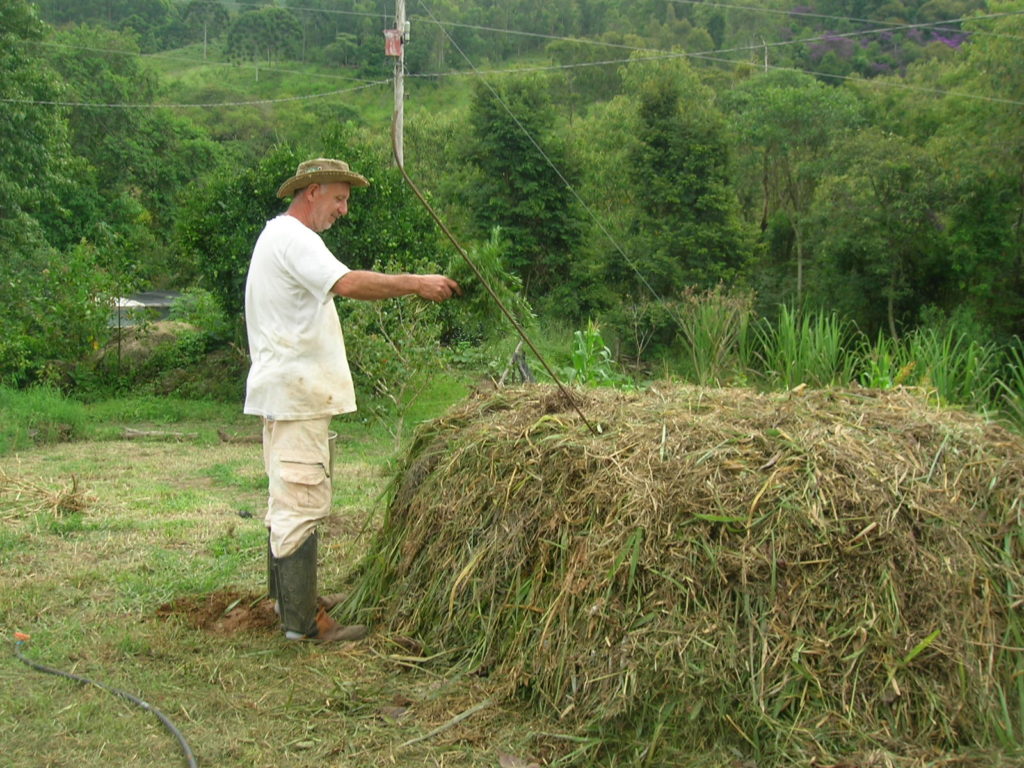Leia a história na integra em Português clicando aqui.
My name is Maurici Tadeu, and I am from Brazil. The environment in which I grew up did not provide me with the tools needed to understand environmental issues, especially in relation to global warming. Instead, everything I learned came from my own private interest. I remember one of the phrases of that marked me at that time: think globally; act locally. Having limited financial resources, I could only learn about the environment through free courses and activities. My friends told me about the free, online UN CC:Learn course on “Introduction to Climate Change”, and I decided to take it.
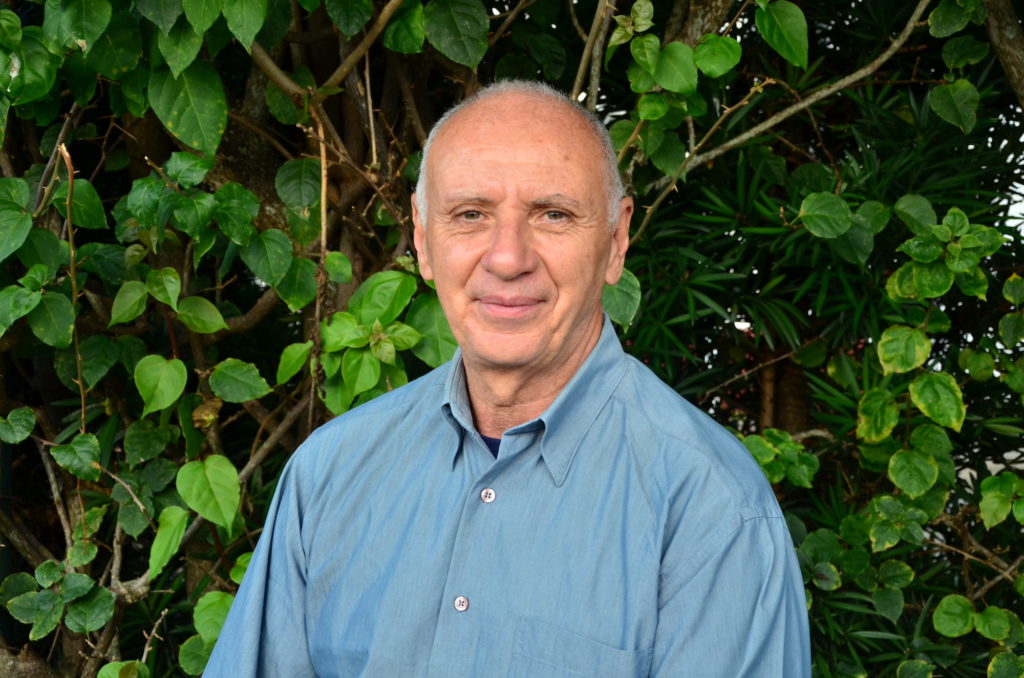
Photo: Maurici Tadeu
Having taking the course, and reviewed all of the information that was inside, I could see that I did not in fact know many of the causes of climate change. I realized that I had been mistaken about anthropogenic variables, and the effect that these can have – which certainly also included my own daily actions. The course therefore stimulated me to ask: what is my part in all this, as a contributor to a more sustainable planet? Now, my vision has changed. I see that the serious problem of climate change will affect various dimensions of human life, and that we need to take effective and rapid action – or risk seeing the temperature of the planet rise to levels that will generate a cascade of catastrophes. As a result, I was encouraged to look for actions close to my community, in the hope that we could find possible alternatives together.
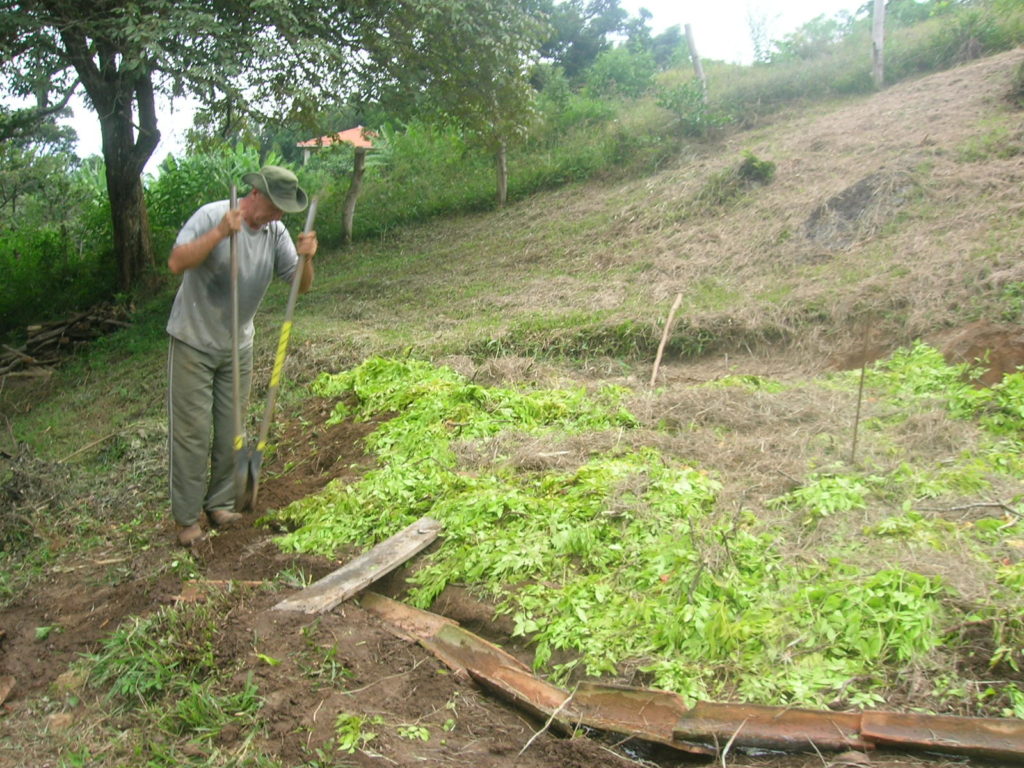
Slope and erosion protection | Photo: Maurici Tadeu
We have now created a small school, which we have named the “Lighthouse School”. This school is a collective; a group of people from the community that we have brought together to think about the most pressing environmental issues. We found in the word ‘Lighthouse’ a reflection of what we were hoping to achieve – that is, to follow the educational path provided by the UN CC:Learn course, as a guiding light that has helped us change our view of the world. To begin with, we took an old shed and converted it into a small school. Then using an old computer, we downloaded the course contents in PDF and PowerPoint formats, and decided to meet every Monday. We divided the material up so as not to make it too heavy, and adapted some of the modules to make them easier to grasp – presenting the theoretical and scientific basis for climate change, and trying to contextualize this within examples that are close to our own daily realities. With this, the degree of understanding increased significantly, and people were able to relate global warming to their daily lives. We are, in these classes, qualifying our local observations and encouraging community initiatives, including activities that add to other disaster risk reduction strategies and focus on low-carbon development.
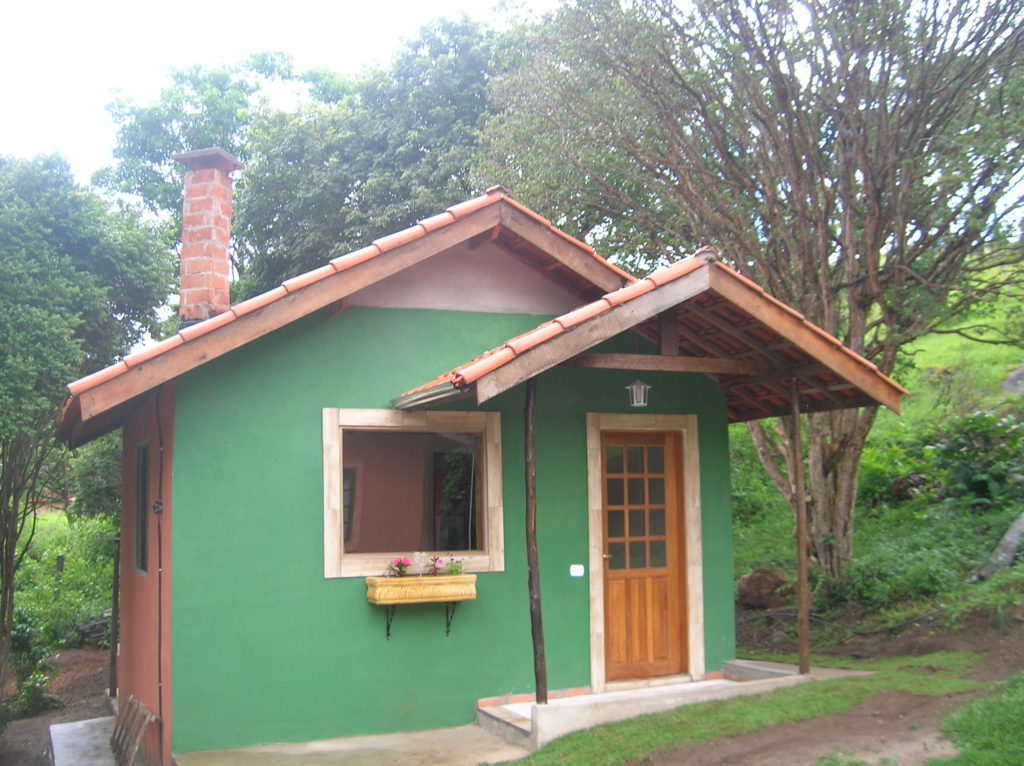
Completion of the lighthouse school. Location of climate change courses. Photo: Maurici Tadeu
We hope to soon be able to cooperate with local schools to integrate climate change issues into their curricula, to develop in partnership materials to support quality learning, and to provide training to their teachers – taking care to protect the educational structures of our region against future environmental impacts. Through these actions, we hope to do justice to this global call for a better planet – using simple attitudes that depend more on people’s will than on financial support. We are sure that we can effectively become a beacon, building the attitudes for adaptation and coping, and to take evidence-based preventive actions, through a simple and inexpensive pedagogical approach.
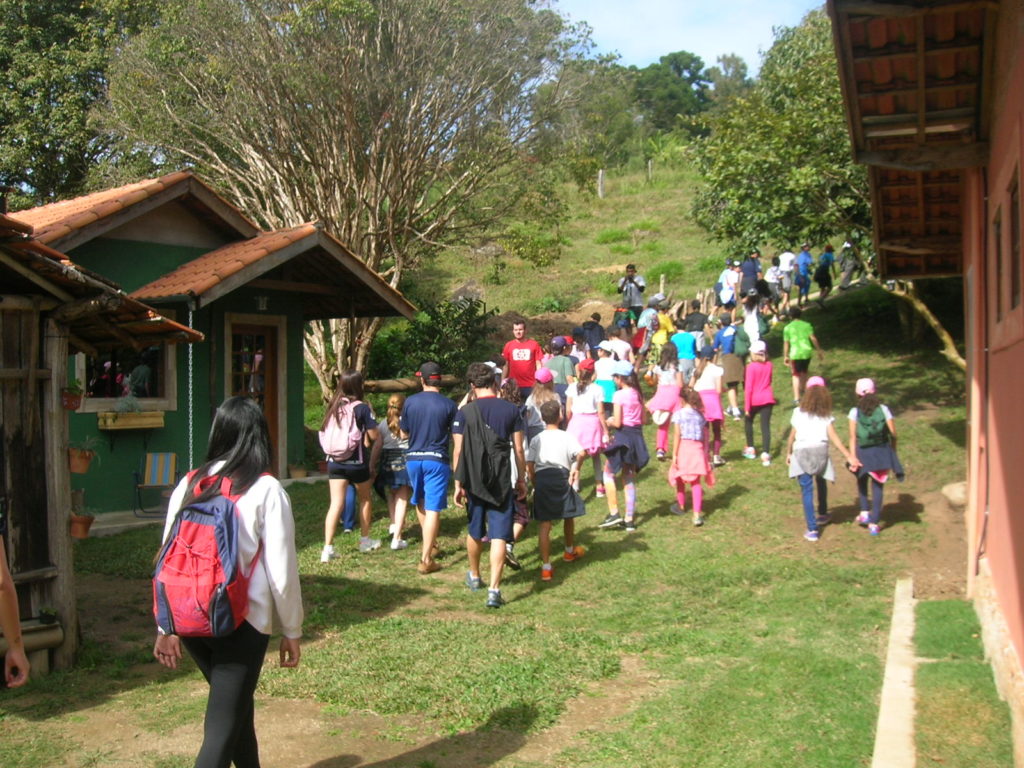
Receiving children for field days and ecological activities. Photo: Maurici Tadeu
At the time of publication of this story, Maurici was appointed as the new Secretary of Education of his municipality and wants to integrate climate change learning into schools’ curricula, find partners to develop learning materials, and provide training for teachers.
Get Involved:
Do you know of a similar initiative in your community? Share it with us on Facebook, Instagram or Twitter and tag the UN CC:Learn. We’ll love to hear your story!
Start your learning journey:
Start learning about climate change today through our free learning platform www.unccelearn.org. After reading Maurici’s story, you may be interested in checking out more about the following courses:

